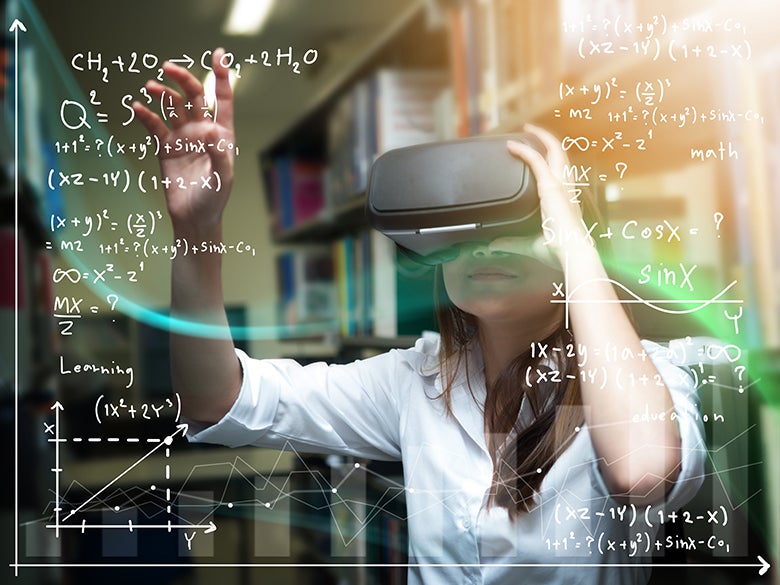
In Sociology, I took a sip of my future.
Outside the classroom, my digital native self was poised to go online. Hungry to explore Goffman’s concept of dramaturgy and the implications of deviance, I would dig up CrashCourse videos, The Atlantic articles, edX courses, and everything in between. In these endeavors, a curious mélange of theory and application was always to be found: long and short reads of various styles, pop quizzes, data visualizations, videos, and global discussion forums fused together to make a compelling narrative, which screams “you’re the special one!” Like fellows of my own cohort, I bounce back and forth between the real world and the data-saturated virtual world, being fueled with an insatiable zeal for knowledge that is new, egalitarian, and individually curated.
Inside, however, the axis was flipped. In temporarily tuning out of online information consumption, I tuned in to the intimate experience of being human — talking, collaborating, inquiring, creating, storytelling. If anything, this class instilled in me a sense of mental flexibility, such that I could navigate tomorrow’s uncertain world with almost everything unconceived.
From then, I wondered: what does it mean to be an educated person in this volatile future society? Within my 17 years of existence, I have witnessed the crumbling of that old story we all cherish — a phase of formal education followed by work and retirement. In an exciting era where “change is the only constant,” one so inundated with super intelligent machines, algorithms that can read our moods, and the constant remolding of jobs, college education will have to be at the forefront. It will be reimagined.
Enter pop-up classes. Such are the marriages of poetry and Twitter marketing, of rockets and philosophy, of brick-and-mortar learning and adaptive technologies, of students in their twenties and those in their fifties, of educators and “glocal” entrepreneurs. In the spirit of audacious experimentation — with content, timeframes, spaces, and participants — these classes render the cookie-cutter lecture obsolete. What they have the potential to do is respond to an accelerated loop of skill recycling, synchronized with the staccato rhythms of technology-driven 2025 and beyond. In a nutshell, they engender an appetite for wonder, co-design and unexpected intersections. How else will we “run faster than the algorithms, faster than Amazon and the government,” if not by living a life of perennial learning?
Within this particular imaginary, traditional college degrees might as well dissolve into thin air. As AI innovations push our social machine forward, what bears the most significance will hardly be credentials incapable of bespeaking one’s unique competencies. Replacing such outdated qualifications, technologies such as Stanford’s “skill-prints” will breathe a new life into the beautiful partnership between academia and industry. A blended future of higher education that I was tiptoeing into in my sociology course might not be so far away after all.
Nhi Doan is a high school student in The Olympia Schools, Hanoi, Vietnam. She is one of two winners in the World Bank Group and the Financial Times' blog writing competition on reimagining education for the coming century.


Join the Conversation